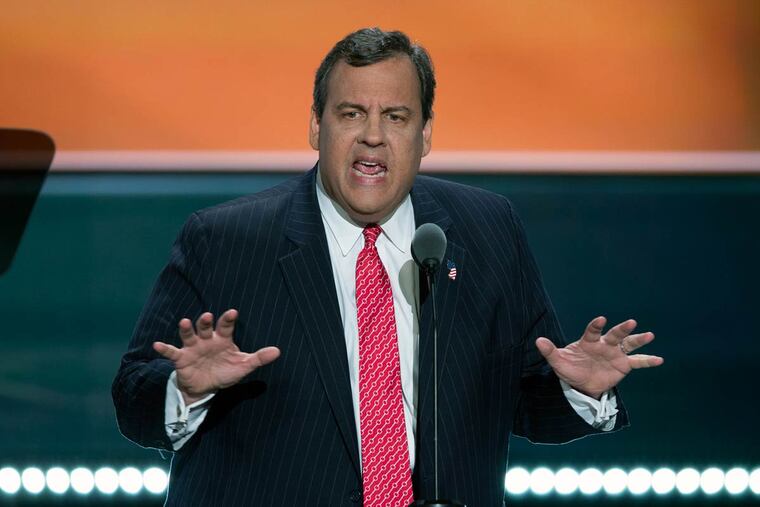New Jersey pension system re-thinks hedge funds
New Jersey's generous but underfunded public pension system bought billions of dollars' worth of hedge funds in the years after other states began having second thoughts about the risky, high-fee funds.

New Jersey's generous but underfunded public pension system bought billions of dollars' worth of hedge funds in the years after other states began having second thoughts about the risky, high-fee funds.
Now it's getting out, also late.
Pennsylvania invested billions and laid out hundreds of millions of dollars for hedge-fund fees, starting in the early 2000s. It was a hedge-fund pioneer.
"I was open-minded," then-state workers' pension system (SERS) chairman Nicholas Maiale recalled, when he stepped down from the job after Gov. Tom Corbett declined to reappoint him in 2013.
On his watch, SERS pumped billions into exotic private investment funds designed to hedge against losses when the stock market went down.
But "hedge funds didn't turn out to be much of a hedge," Maiale said, after the financial collapse of 2008-09 dragged hedge valuations down with stocks, instead of protecting state assets. Disillusioned, Pennsylvania and California began cutting back on hedge investments.
Skeptics noted Pennsylvania's love affair with private money managers seemed to cool after a 2010 national ban on firms collecting fees from state and local governments if their principals contributed to state or local politicians. The ban has not been applied to national campaigns.
Former State Treasurer Rob McCord has since pleaded guilty to trying to extort campaign cash from money managers seeking state business; his predecessor, Barbara Hafer, has pleaded not guilty to federal charges she lied about payments received after she left office.
While Pennsylvania cut back, New Jersey leaned in. Over objections from some of the unions representing state workers, the pension system under Gov. Christie pumped billions into hedge funds, insisting they would outperform bonds and other fixed-income investments.
Indeed, as recently as June 2015, New Jersey pension managers published a report projecting an "expected return" of more than 8 percent for stock- and debt-oriented hedge funds.
Instead, as of May 31, New Jersey's hedge funds had lost 6.5 percent over the last year, and earned in the neighborhood of 3 percent in each of the previous 3-, 5- and 10-year periods, according to records posted by the state Division of Investment.
New Jersey would have made more money buying plain-vanilla bonds most years. And it could have cashed the bonds out anytime, instead of locking the people's money up for years, at little profit, except to wealthy hedge-fund managers.
In announcing its plan to cut back its hedge-fund target to 6 percent of the state's investments, from the previous 12.5 percent, the State Investment Council listed 11 hedge funds it has already "redeemed" as it thins the herd.
Those 11 funds' managers collected a total of more than $100 million in state fees for 2013 and previous years, state records show - and possibly much more since then.
But only one of the 11 hedge funds - New York-based Protege Partners - has paid New Jersey back its initial investment, plus profits, state records show. Four of the others appear to have closed out at a net loss. Six haven't fully repaid the state but hope to later if they are able to liquidate their remaining investments and pass along enough cash, after taking their fees.
215-854-5194@PhillyJoeD